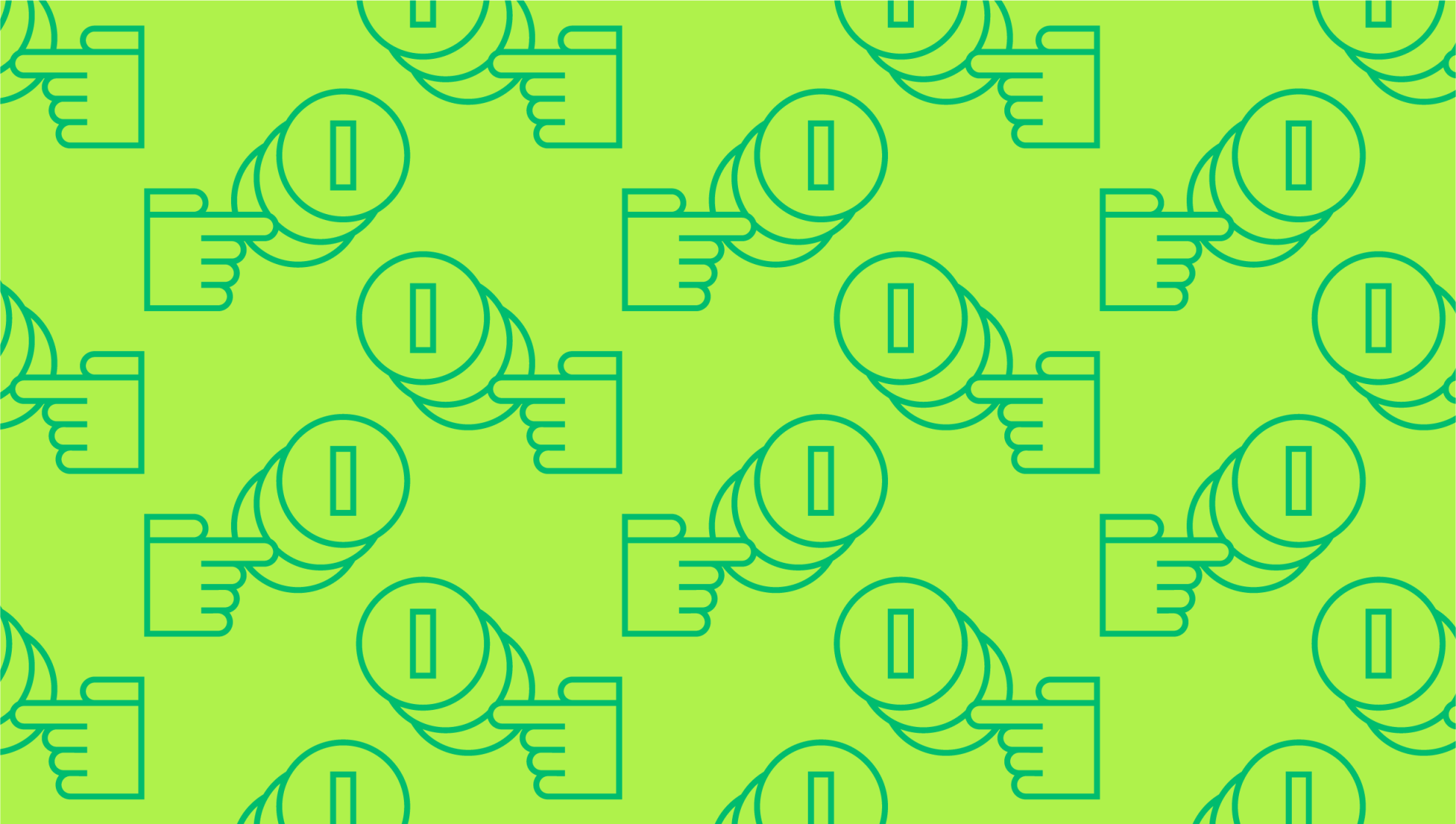Last editedOct 20223 min read
Late payments tend to have a trickle-down effect throughout the supply chain. If one business doesn’t pay its supplier in a timely manner, that supplier is then unable to pay its own bills on time and so on. To solve this problem, the Prompt Payment Code was set up to facilitate smooth, on-time payments. Here’s what it looks like in practice.
What is the Prompt Payment Code?
The government Prompt Payment Code, or PPC, was created in 2008 by the UK government to transform payment culture and make it more efficient. It’s administered by the government’s Office of the Small Business Commissioner (SBC) on behalf of the Department for Business, Energy & Industrial Strategy (BEIS) and is entirely voluntary to join.
The PPC sets out a list of principles for members or signatories to follow. When a business chooses to commit to this code, it means that they commit to paying suppliers fairly and on-time. Prompt payment reporting is also required to make sure these commitments are being followed. The code was updated in 2021 to reflect changes to business culture over the past decade, setting a target of paying invoices within 30 days of receipt.
The latest version of the Prompt Payment Code impacts slightly differently on small businesses as it does on medium sized to larger businesses.
For example, an organisation which has signed up to the Prompt Payment Code must:
Pay 95% of the invoices they receive from businesses with 50-250 employees within 60 days
Pay 95% of the invoices they receive from businesses with less than 50 employees within 30 days
In addition to this, any organisation signing up to the Prompt Payment Code must do the following:
Provide an annual report on their payment performance
Recognise that suppliers have the right to impose charges and late payment interest if an invoice is paid late with no justification
Ensure that all suppliers have a point of contact for payment queries
The benefits of the government prompt payment code are clear. Working with businesses signed up to the code should minimise the chance of payments being late. Knowing that payments will arrive within a certain period reduces stress by stabilising cash flow and making forward planning simpler.
Purpose of the Prompt Payment Code
What is the ethos of the Prompt Payment Code? Following the PPC primarily means that your business agrees to:
Pay its suppliers on time, according to original contract terms
Offer notification and guidance to suppliers as needed
Ensure there’s a system set up for dispute resolution
Notify suppliers promptly if invoices won’t be paid on time
Encourage other businesses to adopt the PPC into their own business operations
By following these general rules, you are agreeing to keep the supply chain flowing smoothly with regular communication between vendor and supplier. You agree to pay your invoices on time, explaining clearly when there is any issue related to payment or requesting a grace period.
Who monitors the Prompt Payment Code?
While it’s overseen by BEIS and related UK government departments, there’s also a Prompt Payment Advisory Board to monitor its activities. The board promotes awareness amongst businesses and provides advice as needed.
Currently, board members include major names in UK business, including Aviva, Barclays, and the City of London Corporation, among others.
What exactly does 'prompt payment' mean?
We all have different ideas of what a prompt payment looks like, so what is the specific prompt payment meaning in this context? After the most recent update, it means paying suppliers within a maximum window of 30 days for businesses with less than 50 employees and 60 for those with 50-250 employees. However, businesses should always ultimately strive to pay within 30 days if possible.
To remain a signatory of the PPC, members must submit prompt payment reporting to a government portal showing that they are meeting the 30-day target at least 95% of the time. Prompt payment also means meeting any contractual terms, without attempting to change these after the fact.
What happens if you don’t follow the code?
The Prompt Payment Code is voluntary, but if signatories don’t adhere to its basic principles, they face suspension. So, what are the consequences if you don’t meet your 60-day target? If you can’t meet this percentage of prompt invoice payments, your business will be suspended from the PPC. Should the business fail to engage with the PPC or bring the compliance numbers up, they could be permanently removed.
It’s well worth paying your suppliers on time when possible. To begin with, you might benefit from a prompt payment discount. Once you’re approved as a signatory of the PPC, you can also display this logo on your website which can attract higher quality suppliers.
We can help
GoCardless helps you automate payment collection, cutting down on the amount of admin your team needs to deal with when chasing invoices.
According to our own research, the average UK SME is paid 18 days late. With GoCardless, businesses can get paid on time, with 97.3% of payments succeeding first time using our global bank payments solution.
Businesses using GoCardless experience, on average, a 56% reduction in the cost of managing payments, while benefiting from international flexibility, and intelligent protection against payment fraud.
We also partner with over 350 partners such as Xero, Quickbooks, Sage and Chargebee, to make invoicing and reconciliation a breeze. Find out how GoCardless can help you with both one-off and recurring payments.


